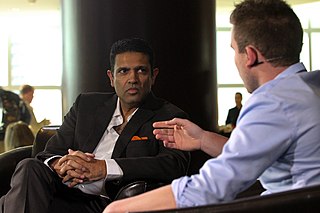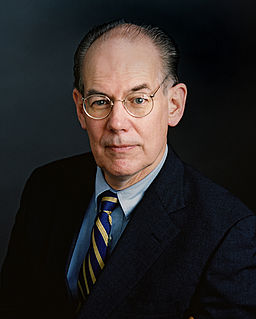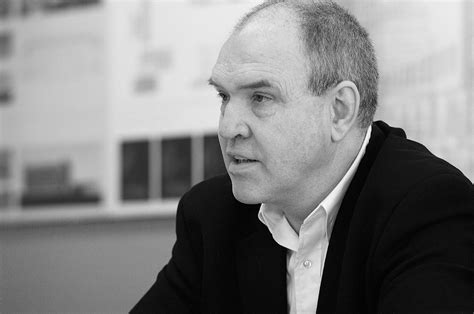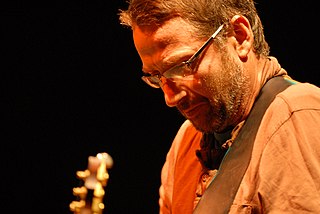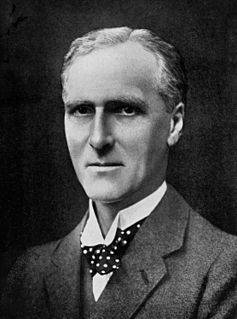A Quote by Peter Maurer
While the nature of warfare is changing and wars are moving into cities, they are also becoming longer and their consequences more impactful.
Related Quotes
Now I've come to such a mixed culture: America, Europe, South America, Africa. And the politics are changing everywhere all the time and becoming even more unpredictable. There's no such thing as "fixed" culture. China is also becoming more global. Its problems are becoming international problems, becoming German problems, becoming American problems. Nothing is clear-cut. Perhaps I'll find my way - or get totally lost.
While cities are distinguished by their architecture and physical appearance, Bell and de-Shalit make a compelling case that many major world cities--and their inhabitants--also express their own distinctive ethos or values. The Spirit of Cities takes the reader on a wide-ranging and lively personal journey.
...we must also acknowledge that the majority of the men and women of our time continue to live daily in situations of insecurity, with dire consequences. Certain pathologies are increasing, with their psychological consequences; fear and desperation grip the hearts of many people, even in the so-called rich countries; the joy of life is diminishing; indecency and violence are on the rise; poverty is becoming more and more evident. People have to struggle to live and, frequently, to live in an undignified way.


